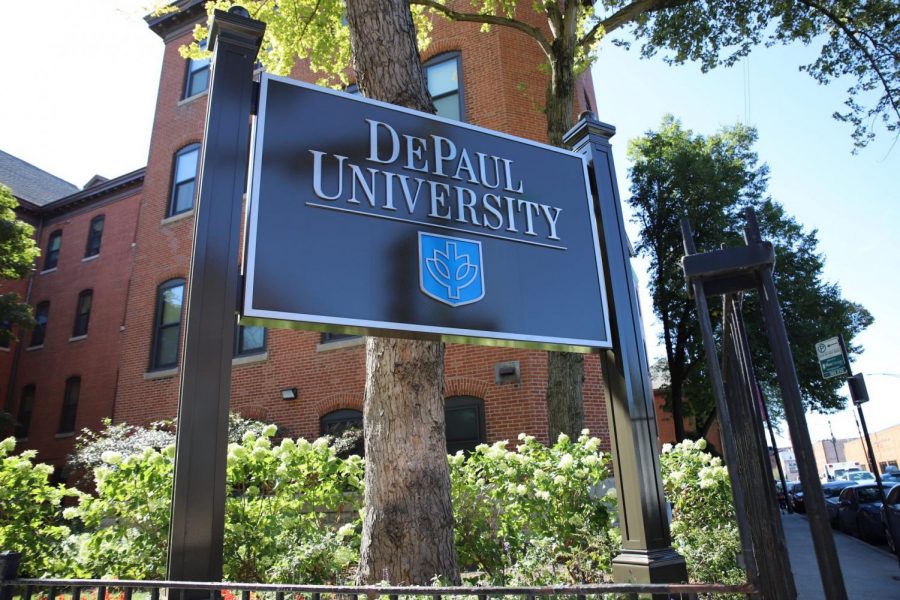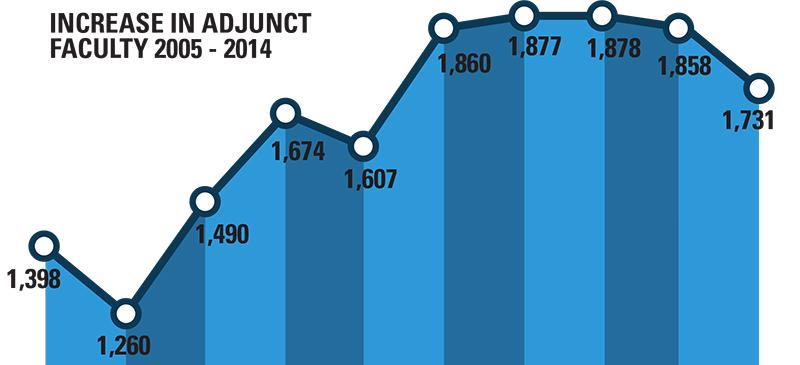Here is how to define various faculty members at universities and other key terms. Read more in our investigation, Adjunct Agony.
Adjunct Faculty: “Adjunct faculty are faculty that are paid to teach by the course,” John Culbert, dean of the Theatre School and senior adviser for the Provost to Contingent Faculty, said. “They generally come from other activities in the world and other professions and they come and teach a specific course and a specific discipline for us here at DePaul.”
Contingent Faculty: They can be known as adjuncts, postdocs, TAs, non-tenure-track faculty, clinical faculty, part-timers, lecturers, instructors or non-senate faculty. They serve in unsupported positions with little job security and few protections for academic freedom.
Terminal Degree: This is the highest degree awarded in a given field. For most academic disciplines, this is the doctorate, or Ph.D. A “terminal master’s” versus a “non-terminal master’s” usually refers to a master’s degree that does not typically lead to a Ph.D.
Tenure Faculty: These faculty cannot be fired by the college or university without presenting evidence that the professor is incompetent or behaves unprofessionally or that an academic department needs to be closed or the school is in serious financial difficulty.
Tenure Track Faculty: “Tenure track faculty are faculty who are in a tenure position or headed towards a tenure position,” Culpert said. “That means that there are certain responsibilities that may vary from the institution that is different than just teaching classes. They are also responsible for scholarship, research activities and also curriculum development, evaluating faculty, figuring out who the other faculty should be, including part time faculty.




